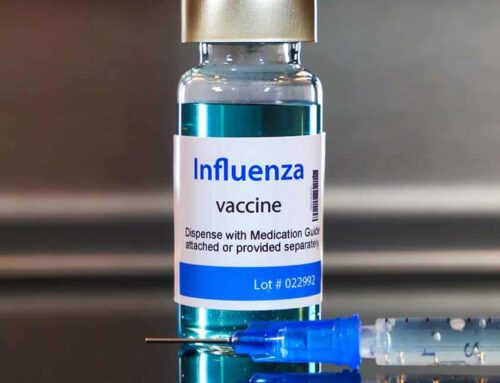Mental Health Advertising
Mental health wellness is more important than ever. But if you’re responsible for launching a mental health advertising campaigns, you might feel a little lost at where to start? Who should be targeted? What content would be helpful, rather than hurtful?
In this brief guide, we’ll tackle some different ways you can promote mental health awareness in your online ad campaign.
Advertising Ideas and Tips for Mental Health Awareness
Integrate these best practices into your upcoming awareness campaign to really connect with your target audience.
Always Reinforce That Shame Has No Place in Mental Health Recovery
Your campaign should always mention that there should be no embarrassment or shame in asking for help, especially when one is dealing with an embarrassing or severe mental health issue. This helps your viewers feel safer when it comes to interacting with your brand.
Target via Disorders, Illnesses, and Diseases
There are so many different type of mental health illnesses out there. It would be beneficial to your readers if you targeted your advertising campaign based on the specific illnesses your brand is seeking to bring awareness to. These can include:
- Post-traumatic stress disorder
- Dementia
- Eating disorders such as anorexia nervosa, bulimia nervosa, and binge-eating disorder
- Suicide
- Neurodevellopmental disorders such as communication disorders and intellectual disability
- Bipolar disorder
- Anxiety disorders such as panic disorder and general anxiety disorder
- Stress-related disorders such as acute stress disorder and reactive attachment disorder
- Dissociative disorder such as amnesia, dissociative identity disorder, and depersonalization or derealization disorder
- Somatic symptom disorders
- Sleep disorders like narcolepsy and insomnia
- Disruptive disorders, particularly in children, like kleptomania, conduct disorder, and oppositional defiant disorder
- Depression
- Substance abuse such as alcohol, drug, or gamling addictions
- Neurocognitive disorders, especially in older individuals, such as delirium
- Schizophrenia
- Obsessive-compulsive disorder
- Body dymorphia
- Gender dysphoria
- Hoarding disorders
- Personality disorders such as antisocial personality disorder, borderline personality disorder, and narcissistic personality disorder
Create a Unique and Eye-Catching Hashtag
Hashtags are hugely helpful when it comes to social media marketing, and they are particularly helpful when it comes to spreading awareness about a specific illness or issue. For your awareness campaign, brainstorm a unique hashtag to popularize that is both informative and catchy.
Take a Multichannel Approach
Social media marketing is excellent for spreading awareness, but you should always take a multichannel approach to launching a mental health campaign.
Once you’ve settled on the content, style, and design of your campaign’s ads, consider where they would fit in the best. Contextual targeting would be very helpful in this case. Contextual targeting is a form of programmatic targeting that places your banner, video, and native ads in places where there is a demand and context. For example, an awareness campaign for post-partum depression would use contextual marketing to place ads on blogs dedicated to helping mothers recover. Just as well, non-digital advertising means are lucrative as well for mental health campaigns, such as banners on public transit and billboards.








